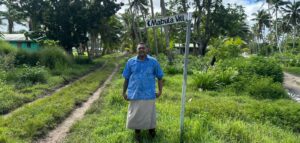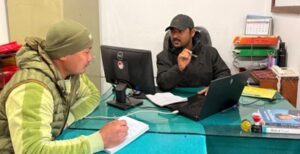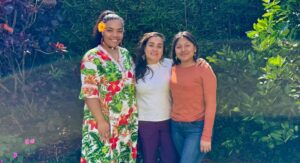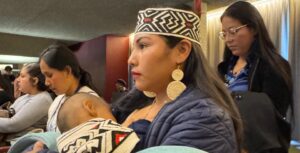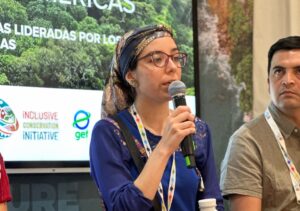About
Since its inception, the Inclusive Conservation Initiative (ICI) has helped shape global environmental policy—elevating the voices and actions of Indigenous Peoples, women, and youth from their communities to the world’s decision-making tables.
Building on this mission, ICI launched the International Environmental Policy Fellowship in February 2024. It is a pioneering program that empowers Indigenous leaders to engage directly in global policy arenas. The Fellowship strengthens their leadership, advocacy, and negotiation skills, equipping them to influence environmental policies that affect their lands and livelihoods.
A Journey of Learning, Advocacy, and Return
Each fellow’s story begins in their territory — in ancestral crops nurtured on small islands, in youth movements confronting climate change, in forests defended from extractive industries, and in knowledge carefully passed across generations. These experiences are more than personal narratives — they are the foundations of leadership that the Fellowship seeks to strengthen and amplify.
The program takes fellows through a collective journey. They begin by developing case studies that capture the challenges and innovations emerging from their communities. Through trainings, webinars, and peer exchanges, they deepen their understanding of international environmental governance. Then, they bring those perspectives directly to global policy spaces, ensuring Indigenous and community voices shape environmental decisions that affect us all. Finally, they return home to share their new insights, weaving them into local strategies for resilience, rights, and conservation.

Meet our Fellows
Each year, ICI welcomes new fellows, continuing to build a global network of Indigenous policy leaders driving inclusive, just, and lasting conservation outcomes. Together, these leaders embody the Fellowship’s spirit: that global conservation is strongest when led by those whose lives, lands, and cultures are most directly intertwined with nature.
Their stories are already reaching far beyond their homelands — shaping the policies, partnerships, and possibilities of a more inclusive environmental future.
Stories from our Fellows
- Connecting Local Challenges to Global Learning: Reflections from Mabula Village
- Turning Traditional Knowledge into Resilience: Through My Fellowship
- Living with Change: Community Adaptation and Climate Learning in Northern Thailand
- How has long-term fellowship redefined my leadership?
- When Support Arrives On Time: Caring For Life From The Territory
- Learning, Leading, and Giving Back: My Journey as an ICI Fellow
- My First Journey Beyond the Mountains: The Voice of an Indigenous Fellow on the Global Stage
2025 Fellows
In April 2025, a second cohort of seven fellows — from Guatemala, Argentina, Peru, the Cook Islands, Fiji, Nepal, and Thailand — joined together as the International Environmental Policy Fellowship Program.

Matauri Miria (Cook Islands, Cook Islands Māori)
is documenting traditional taro cultivation to ensure ancestral knowledge lives on among youth.
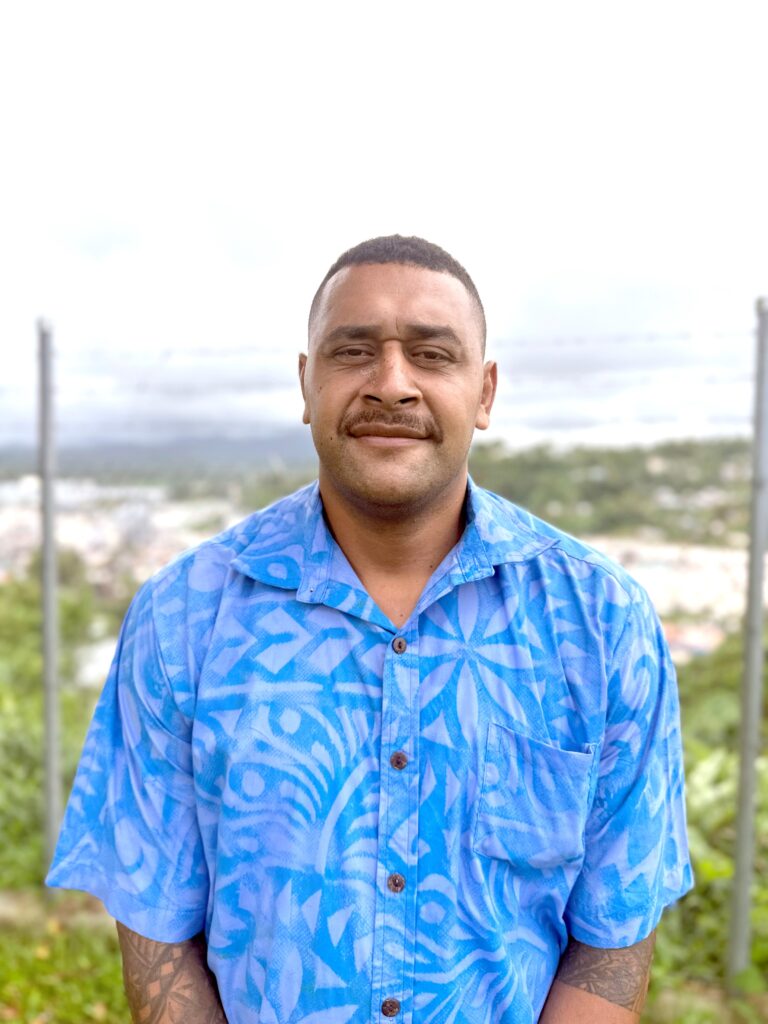
Apisai Kalivakarua (Fiji, iTaukei)
is rallying young people to face climate change impacts through community action.

Chanchira Tawangthan (Thailand, Phutai)
is highlighting how Indigenous knowledge interacts with national climate policies like the “Zero Burn” rule.
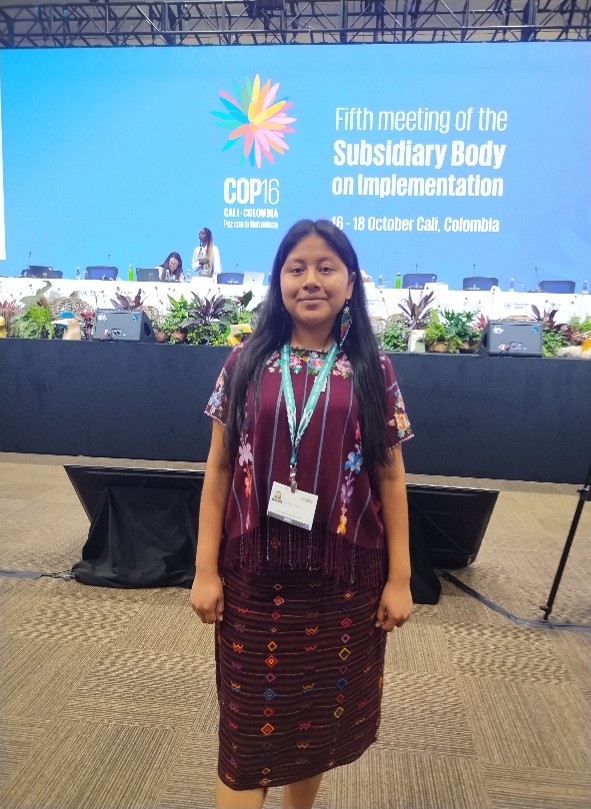
Krizzley Ordóñez (Guatemala, Maya Mam)
is creating opportunities for women and youth to lead in community conservation through reforestation and agroforestry.
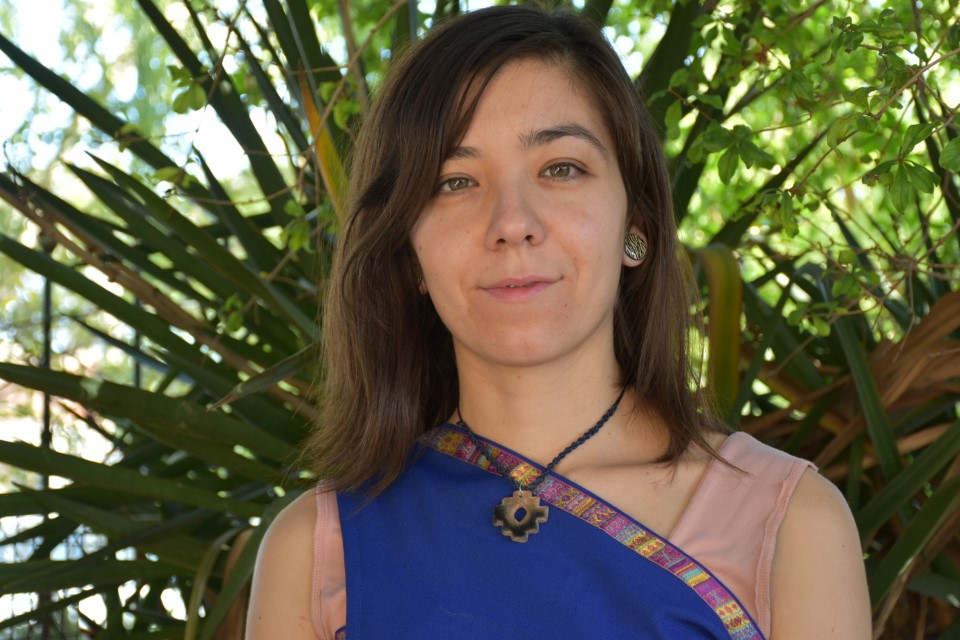
Luna Larrat (Argentina – Chile, Mapuche)
is working with Mapuche
communities to strengthen territorial management and alternatives to extractive
practices.
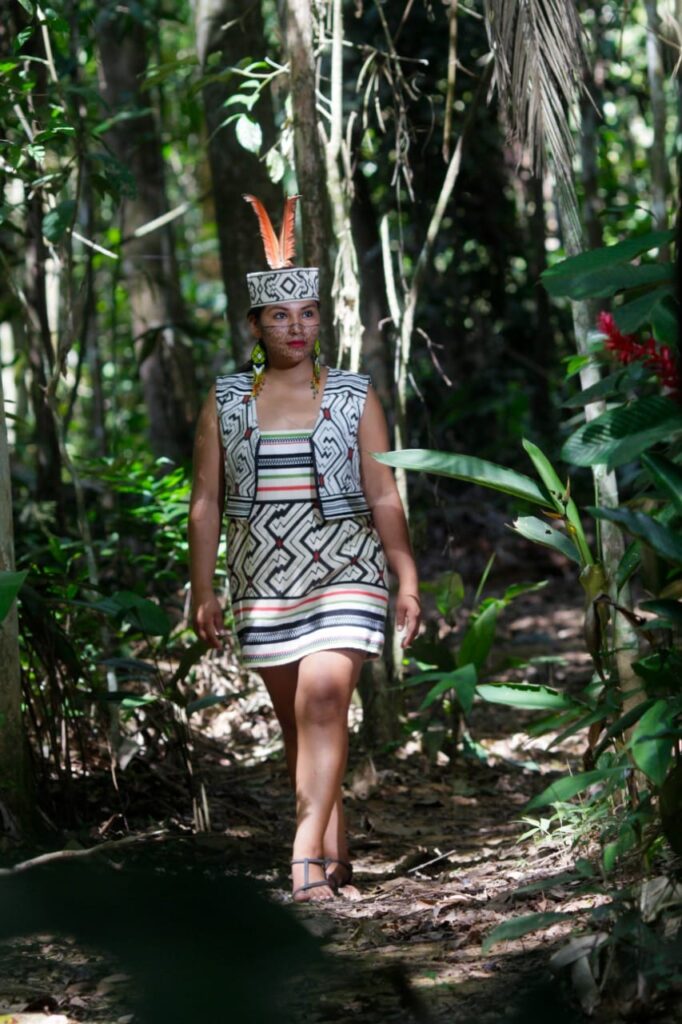
Maglin Alvarado (Peru, Yine)
is confronting the impacts of illegal mining by documenting mercury contamination in Yine communities.
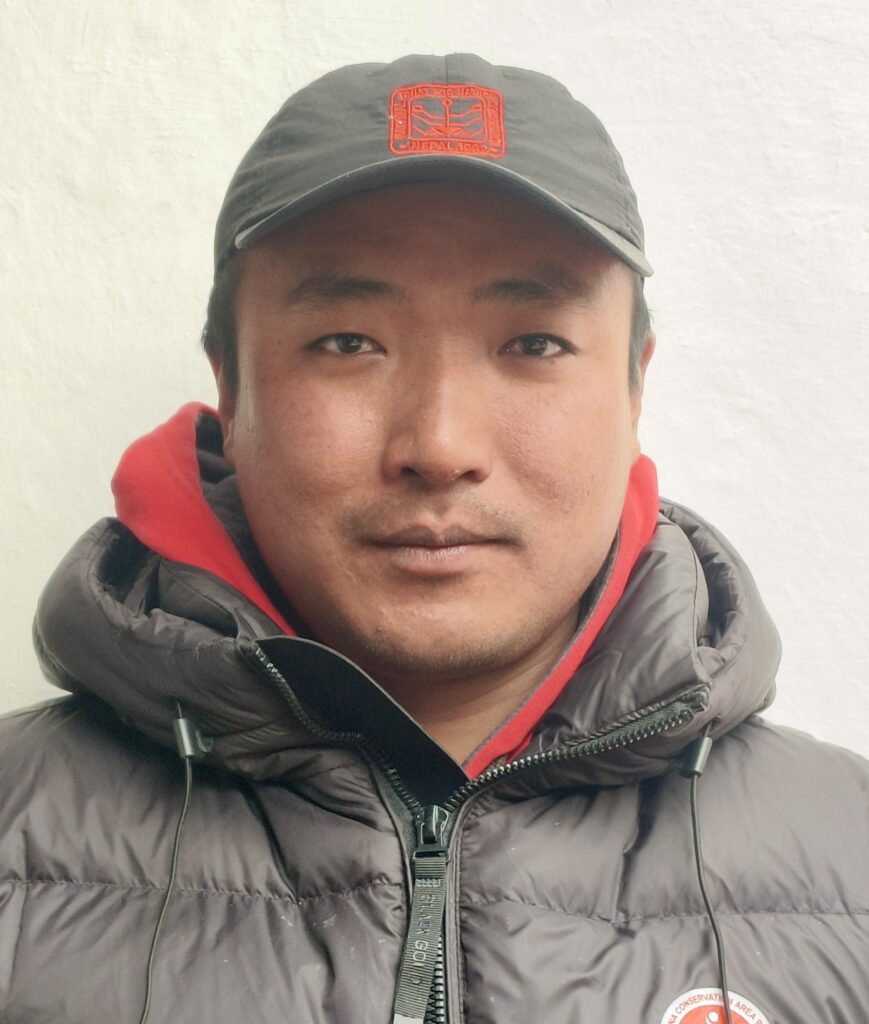
Sanjog Thakali (Nepal, Thakali)
is promoting intergenerational learning to ensure that traditional ecological knowledge continues to guide adaptation and advocacy.
2024 Fellows
The first cohort of five fellows — from Tanzania, Panama, Chile, the Democratic Republic of the Congo, and Kenya — demonstrated extraordinary leadership and impact on behalf of Indigenous Peoples and local communities.
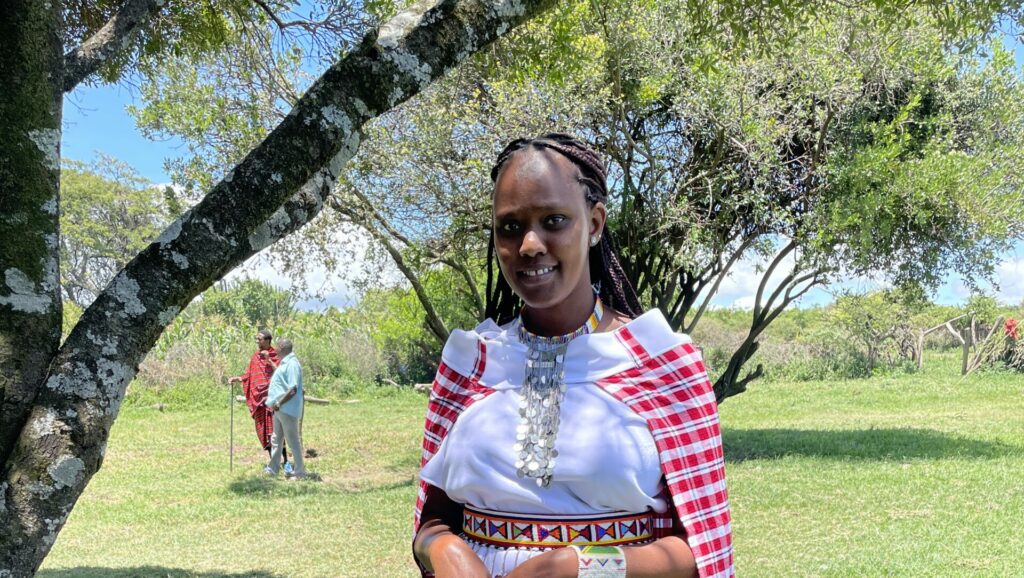
Catherine Losurutia (Tanzania, Pastoralist)
Catherine, a gender field officer, is dedicated to empowering, mobilizing, and raising awareness among women. Her main role is to advocate for women’s rights to land, leadership, and natural resources, promoting gender equity and active participation of women.
Catherine’s project focused “on strengthening local governance structures, natural resource management, increasing land security for Indigenous communities, as well as improving gender equality and economic empowerment for women and youth among communities in the Northern part of Tanzania.”
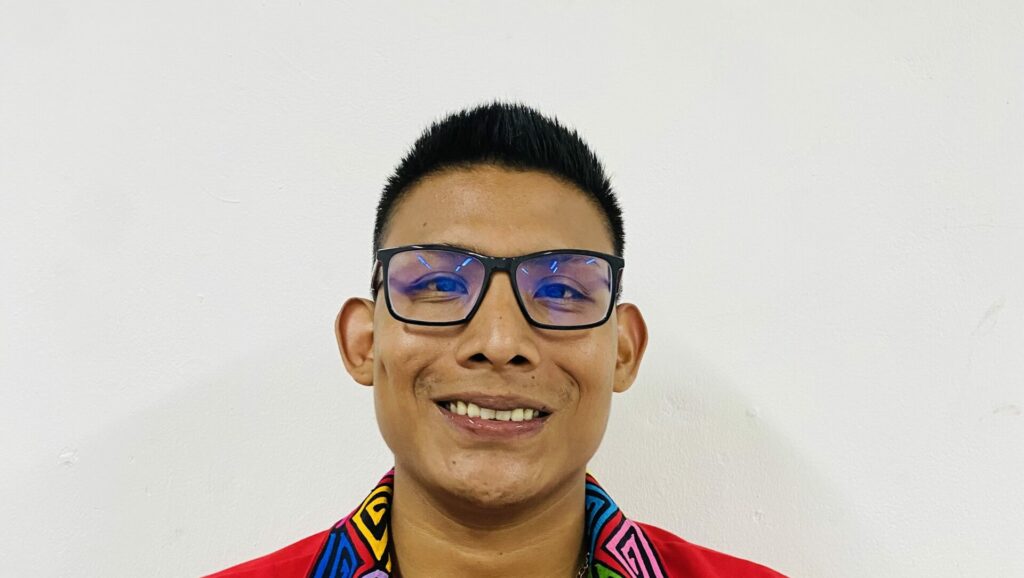
Onel Iguairquipiler (Panama, Guna)
Onel leads the youth and biodiversity program in his organization, dedicated to engaging young individuals in conservation, environmental issues, and indigenous rights. Seeking financial support, he utilized the ICI Fellowship program to strengthen his efforts with the youth, ensuring their participation in ICI project activities and other initiatives.
His case study “aimed at young people with the objective of analyzing participation and decision-making of youth in the conservation of biodiversity and Indigenous knowledge. It is essential to consider that there is currently no active involvement of young people in these matters in my village.”
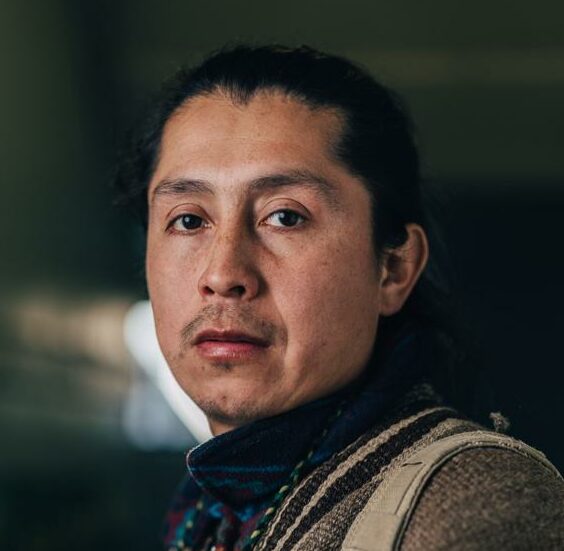
Francisco Colipe (Chile, Mapuche)
Within the organization Futa Mawiza, Francisco works to strengthen the management and governance of biocultural territory. His approach allows for the full exercise of collective rights and the definition of community-driven development priorities.
“As a member of the Futa Mawiza ICI initiative,” Francisco’s Fellows work focused “on strengthening the management and governance of the biocultural territory. My main goal will be to fully exercise our collective rights and actively contribute to defining our own development priorities.”
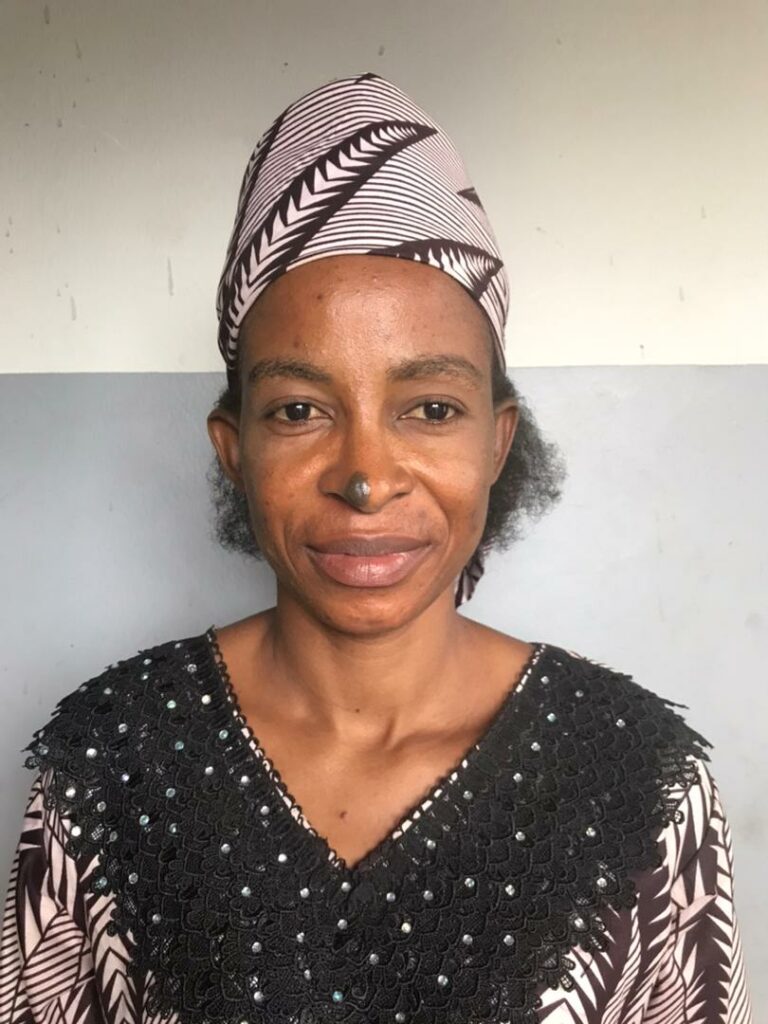
Esther Ngalula (DRC, Kinshasa)
Esther, an indigenous woman leader and community facilitator, plays a prominent role in advocating for conservation based on equity, justice, and rights in the Democratic Republic of Congo (DRC). Her involvement significantly contributes to environmental protection and indigenous rights in the region.
Esther’s project focused, “on the contributions of traditional knowledge in maintaining forest integrity, biodiversity conservation and climate resilience in the Kisimbosa community forest in eastern DRC.”
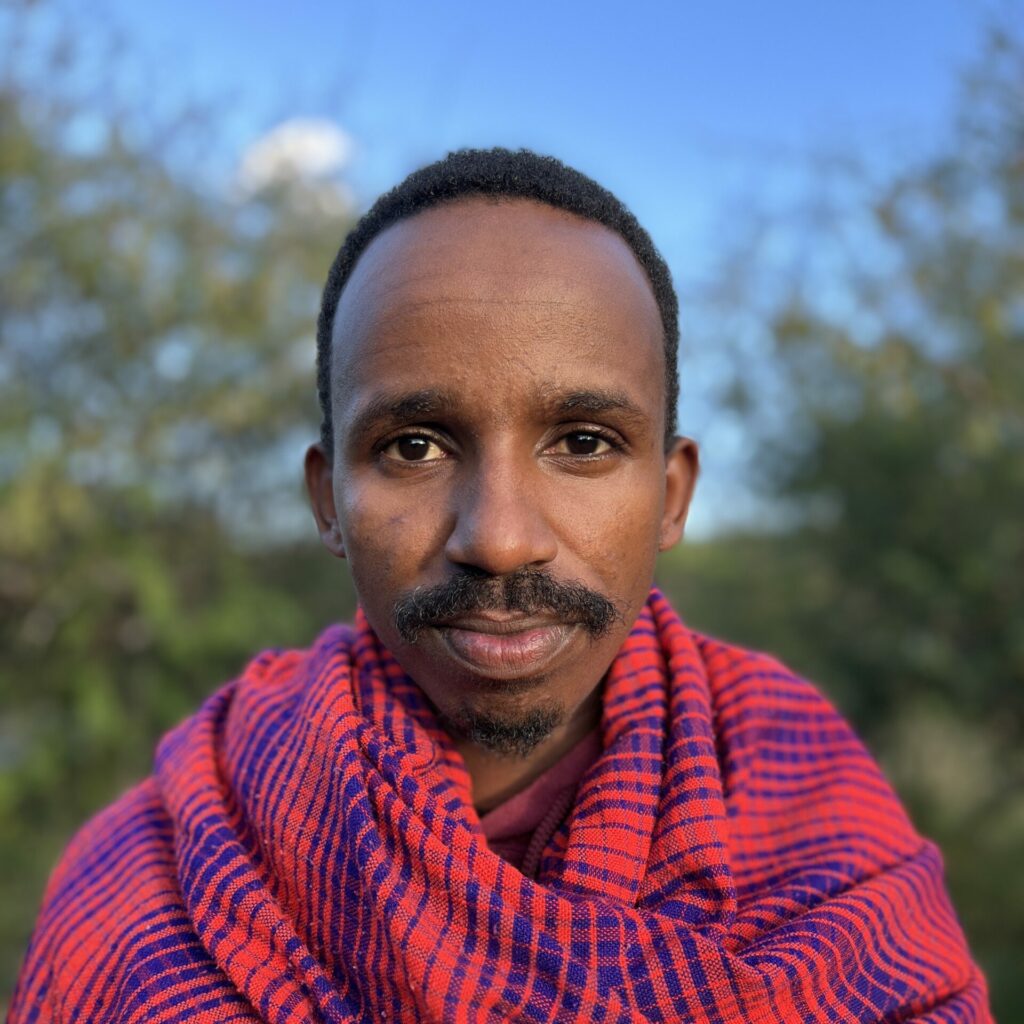
William Naimado (Kenya, Maasai)
William plays a crucial role in supporting the internal strengthening of pastoral communities in the Mid-Ewaso Ng’iro River Basin. His focus is on empowering these communities to effectively manage their territories, utilizing traditional knowledge systems and aligning with their aspirations.
William used his Fellowship for “looking into the use of traditional knowledge in biodiversity protection and wildlife conservation in the Mid-Ewaso Ngiro River ecosystem. There is a non-recognition of traditional knowledge in mainstream advocacy platforms and in setting global priorities.” His case study helps bring into light how Indigenous traditional knowledge has helped communities in biodiversity protection, wildlife conservation and living in harmony with everything surrounding them.

